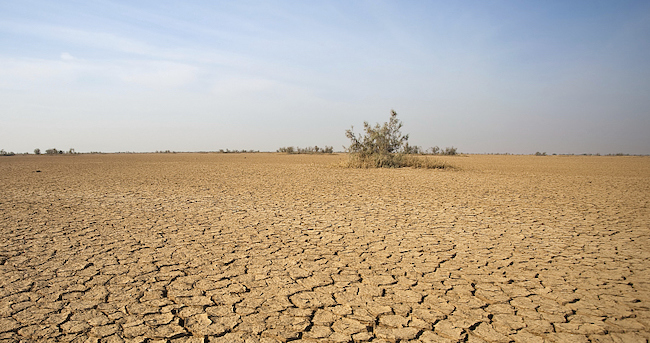International
Agency predicts East Africa’s worst drought in 40 years

The Intergovernmental Authority on Development (IGAD) on Tuesday predicted that countries in Eastern Africa would face the worst drought in the region for 40 years.
The Djibouti-based trade bloc said at a press conference in Nairobi, Kenya, that the region has recorded higher temperatures and less than normal rainfall in the last few years.
The IGAD member states are Djibouti, Ethiopia, Eritrea, Kenya, Somalia, South Sudan, Sudan and Uganda.
The group’s Executive Secretary, Workneh Gebeyehu, said at the forum that millions of people in Somalia, Kenya, Ethiopia, including countries in the Horn of Africa, the Nile Valley and the African Great Lakes, as well as other countries in the Eastern region would experience the kind of drought not experienced in the last 40 years.
READ ALSO: Drought-induced elephant death toll rises to 200 in Zimbabwe
He said more than 29 million people in East Africa are currently facing high levels of food insecurity across the region, noting that between 15.5 million and 16 million people are currently in dire need of immediate food assistance.
Gebeyehu said: “The severe shortages of water and pasture are leading to smaller food production, significant losses in livestock and wildlife, and a rise in resource-based conflicts in the East African region.
“This coupled with other stress factors such as conflicts in both our region and Europe, the impact of COVID-19 and macro-economic challenges have led to acute levels of food insecurity across the Greater Horn of Africa.”
Join the conversation
Support Ripples Nigeria, hold up solutions journalism
Balanced, fearless journalism driven by data comes at huge financial costs.
As a media platform, we hold leadership accountable and will not trade the right to press freedom and free speech for a piece of cake.
If you like what we do, and are ready to uphold solutions journalism, kindly donate to the Ripples Nigeria cause.
Your support would help to ensure that citizens and institutions continue to have free access to credible and reliable information for societal development.












